The Rich Cultural Heritage of Ghana's Homowo Festival
Are you ready to dive into the rich cultural tapestry of Ghana's Homowo Festival? This vibrant celebration, deeply rooted in history and tradition, offers a fascinating glimpse into the heritage of the Ga people. As drums beat in rhythm and colorful attire fills the streets, the Homowo Festival paints a vivid picture of community, harvest, and ancestral reverence.
Originating from the Ga people's migration and agricultural practices in Ghana, the Homowo Festival carries a legacy of resilience and cultural pride. Each ritual and ceremony during the festival holds a symbolic significance, reflecting the values and beliefs that have been passed down through generations.
During the Homowo Festival, the air is filled with the aroma of Kpokpoi, a traditional dish prepared with skill and care. Libations are poured to honor ancestors, connecting the present with the past in a sacred bond of remembrance and gratitude.
Traditional attire takes center stage during the festivities, with the vibrant hues of kente cloth adorning participants in a kaleidoscope of colors. The energetic dances that accompany the celebrations embody the spirit of joy and unity, inviting all to join in the rhythmic movements.
From the planting of the first yam to the solemn ban on noise-making, every aspect of the Homowo Festival carries deep symbolism and meaning. The community plays a vital role in organizing and participating in the festivities, strengthening bonds and preserving cultural heritage.
Despite the passage of time, the Homowo Festival has adapted to modern influences while staying true to its roots. As tourism brings global awareness to this cultural gem, the festival continues to evolve, showcasing the beauty and diversity of Ghana's traditions.
However, challenges exist in preserving the authenticity of the Homowo Festival amidst the tide of modernization. Efforts to safeguard this cherished heritage face obstacles, yet the commitment to cultural preservation remains unwavering for the future generations to come.
As you explore the wonders of the Homowo Festival, immerse yourself in a world where tradition meets innovation, and history dances with the present. Join hands with the Ga people in celebrating their rich cultural heritage, and let the spirit of Homowo ignite your soul with its timeless allure.
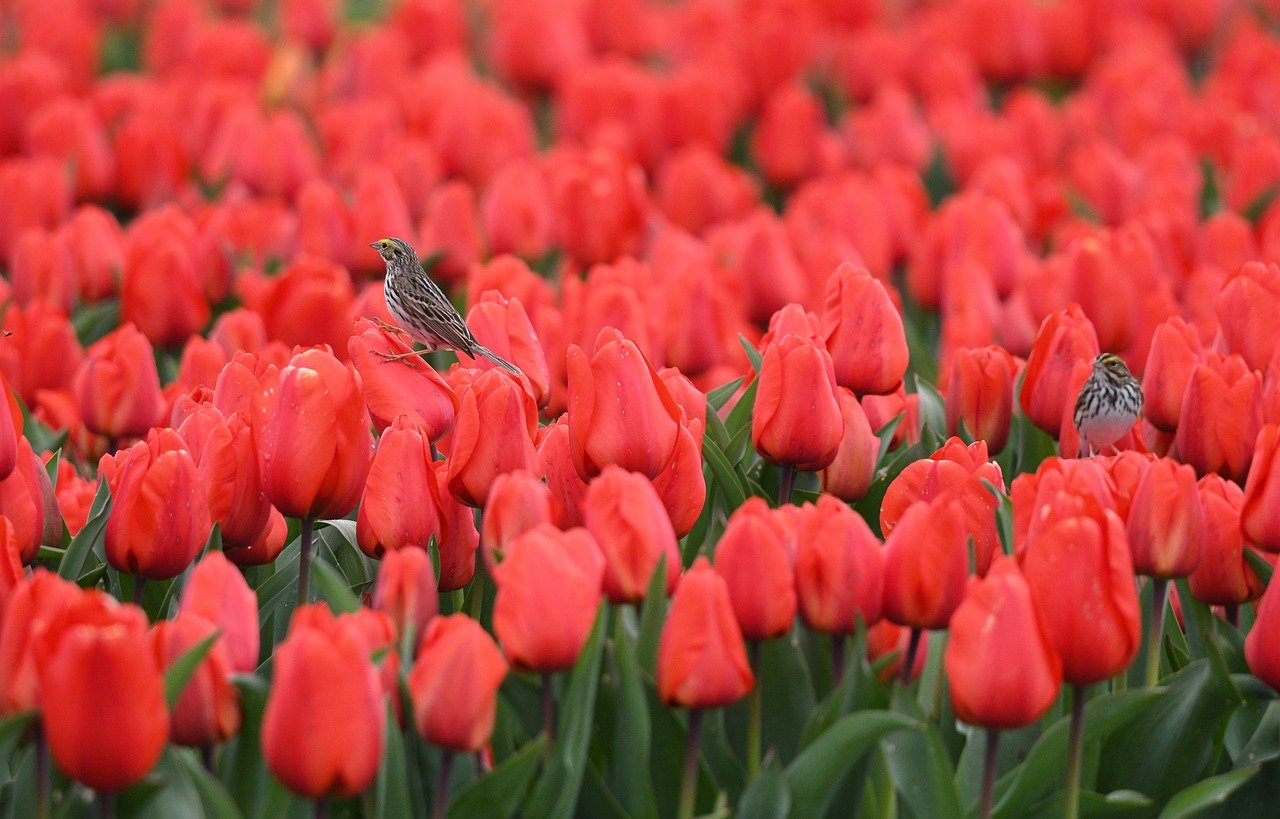
History and Origins
The Homowo Festival in Ghana holds a rich cultural heritage that dates back to the historical roots of the Ga people. Originating from the migration and agricultural practices of the Ga community in Ghana, the festival signifies a time of celebration and remembrance. It is a vibrant event that not only honors the past but also pays tribute to the bountiful harvests that sustain the community.
During the Homowo Festival, the Ga people engage in various ceremonial practices that are deeply rooted in tradition. One of the central rituals is the preparation of Kpokpoi, a special dish made from maize and palm nut soup. Additionally, libations are poured to honor and seek blessings from ancestors, symbolizing a deep connection to the past and a respect for cultural heritage.
The festival is also characterized by the vibrant display of traditional attire and energetic dance performances. The colorful kente cloth is prominently featured during the celebrations, adding a visual spectacle to the festivities. The rhythmic dances that accompany the festival reflect the joy and unity of the community, showcasing the cultural vibrancy of the Ga people.
Symbolism plays a significant role in the Homowo Festival, with key elements holding deep meanings. The planting of the first yam symbolizes fertility and abundance, while the ban on noise-making signifies a period of reflection and respect. These symbolic gestures are integral to the cultural identity of the Ga community and add layers of meaning to the festival.
Community involvement is essential to the organization and success of the Homowo Festival. The collective effort of community members in planning and participating in the festivities fosters unity and strengthens cultural bonds. Through active engagement, the Ga people ensure the preservation and continuation of their rich heritage for future generations to cherish.
Over time, the Homowo Festival has evolved to embrace modern adaptations while staying true to its traditional practices. This balance between preserving cultural integrity and incorporating modern elements has allowed the festival to remain relevant and engaging for both locals and visitors alike. The dynamic nature of the festival reflects the resilience and adaptability of the Ga culture.
As the festival gains global recognition, tourism has played a significant role in raising awareness of Ghana's cultural heritage. Visitors from around the world are drawn to the vibrant celebrations of the Homowo Festival, contributing to the cultural exchange and appreciation of Ghanaian traditions. This increased global awareness highlights the importance of preserving and showcasing the unique cultural identity of the Ga people.
Despite the challenges posed by modernization, efforts to preserve the authenticity of the Homowo Festival continue. The Ga community remains dedicated to safeguarding their cultural heritage, facing obstacles with resilience and determination. By addressing preservation challenges and embracing change mindfully, the Ga people strive to ensure that the Homowo Festival remains a cherished tradition for generations to come.
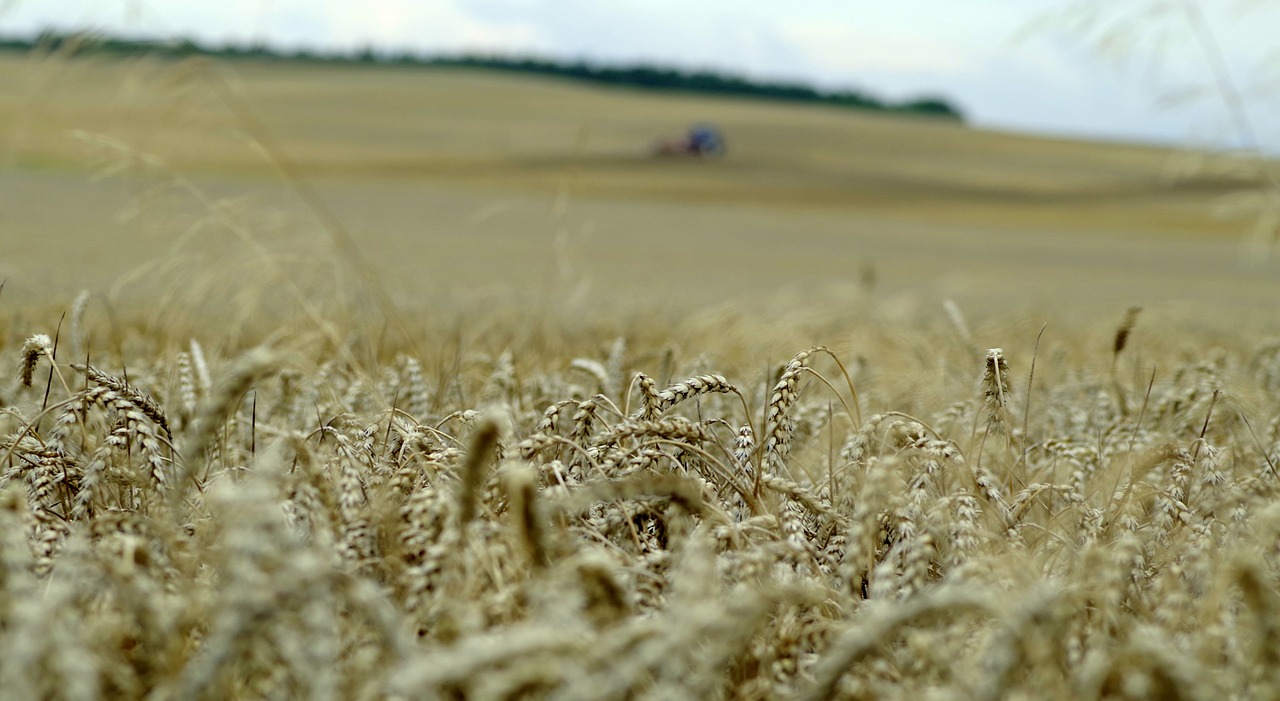
Ceremonial Practices
When delving into the of the Homowo Festival in Ghana, one is immersed in a world of rich traditions and sacred rituals. At the heart of the festival lies the preparation of Kpokpoi, a special dish made from maize and palm nut soup. This dish holds deep cultural significance, symbolizing unity and abundance among the Ga people.
Another integral aspect of the festival is the pouring of libations to honor ancestors. This solemn practice involves offering prayers and blessings to the spirits of the departed, seeking their guidance and protection for the community. The pouring of libations is a deeply spiritual act that connects the living with their ancestors, bridging the gap between past and present.
Throughout the Homowo Festival, communities come together to partake in these ceremonial practices, reinforcing bonds of kinship and tradition. The rhythmic beats of traditional drums fill the air as people gather to celebrate their shared heritage and give thanks for the harvest season. It is a time of reflection, gratitude, and reverence for the Ga people.
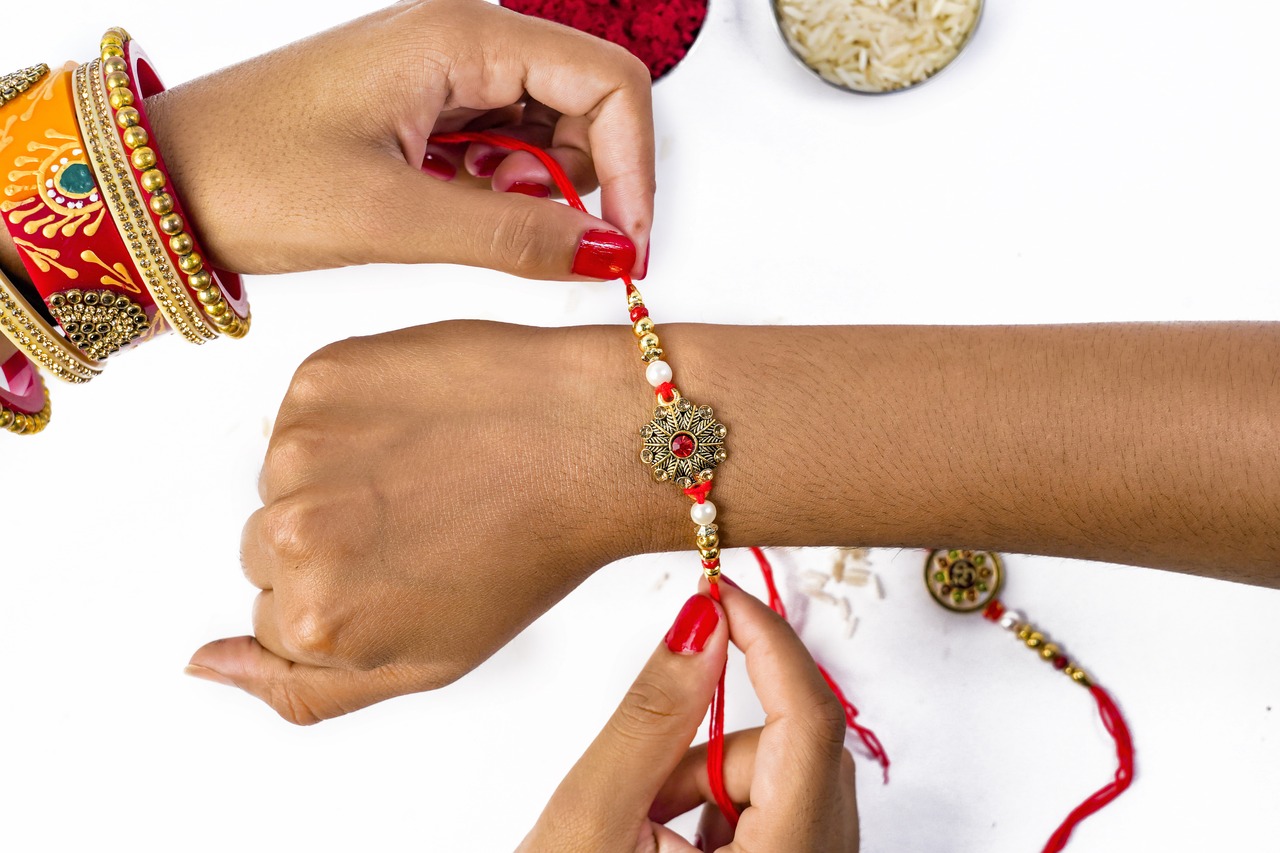
Traditional Attire and Dance
The Homowo Festival in Ghana is a vibrant celebration that showcases the rich cultural heritage of the Ga people through traditional attire and lively dances. During this festive event, participants adorn themselves in colorful kente cloth, a symbol of Ghanaian cultural identity and pride. The intricate patterns and vibrant colors of the kente cloth reflect the artistic craftsmanship and historical significance of this traditional attire.
As part of the Homowo Festival, energetic dances are performed to the rhythmic beats of drums and songs that resonate with the spirit of the Ga people. These dances are not just a form of entertainment but a way to express joy, unity, and reverence for the ancestors. The movements and gestures in the dances convey stories, emotions, and cultural values, creating a mesmerizing spectacle for both participants and spectators.
One of the most iconic dances during the Homowo Festival is the 'Kpanlogo' dance, characterized by its fast-paced footwork and dynamic body movements. This dance symbolizes resilience, strength, and the spirit of the Ga community. The rhythmic patterns of the dance steps echo the heartbeat of the people, connecting past generations with the present in a powerful display of cultural continuity.
Additionally, the 'Adowa' dance is another significant feature of the Homowo Festival, known for its graceful movements and symbolic gestures that honor the ancestors and celebrate the harvest season. The dancers' synchronized motions and graceful poses tell a story of tradition, unity, and reverence for the land and its bounty. Through these dances, the Ga people pay homage to their heritage and express gratitude for the blessings of the harvest.
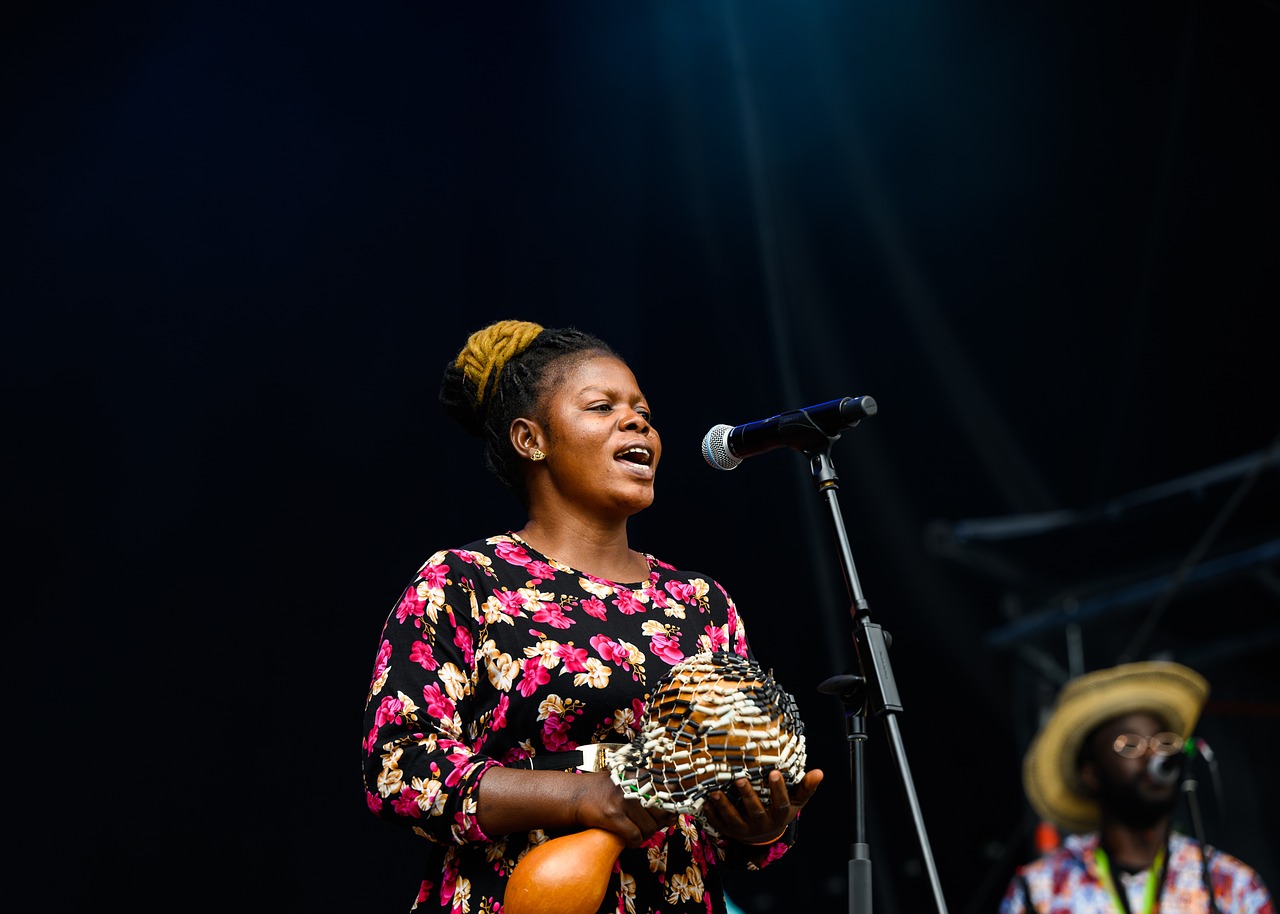
Symbolism and Meaning
When delving into the rich tapestry of the Homowo Festival in Ghana, one cannot ignore the deep symbolism and profound meanings woven into its fabric. This vibrant cultural event is not merely a celebration of the Ga people's history and harvest traditions; it is a reflection of their values, beliefs, and interconnectedness with the land.
At the heart of the Homowo Festival lies the symbolic act of planting the first yam, a ritual that signifies the beginning of the planting season and the hope for a bountiful harvest. This simple yet profound gesture embodies the Ga people's deep-rooted connection to the earth and their reliance on agriculture for sustenance.
Another significant symbol during the Homowo Festival is the ban on noise-making, a practice that harks back to ancient beliefs in the power of silence to appease ancestral spirits and ensure a peaceful and prosperous year ahead. This tradition highlights the Ga people's reverence for their ancestors and the importance of maintaining harmony and balance in the community.
Furthermore, the colorful kente cloth worn during the festival is not merely a fashion statement but a symbol of cultural pride and heritage. Each intricate pattern and vibrant color carries its own meaning, reflecting the values and stories passed down through generations.
As the aroma of Kpokpoi fills the air and the rhythmic beats of traditional drums reverberate through the streets, the Homowo Festival comes alive with energy and symbolism. It is a time to honor the past, celebrate the present, and look towards the future with hope and unity.

Community Involvement
Community involvement plays a vital role in the vibrant celebration of the Homowo Festival in Ghana. The festival is not just an event but a collective effort of the Ga people to honor their history and traditions. From the young to the elderly, everyone in the community actively participates in various aspects of the festival, showcasing unity and a shared sense of cultural pride.
One of the key ways the community gets involved is through the preparation and sharing of Kpokpoi, a special dish made from maize and palm nut soup. This process involves cooperation among community members, with each person contributing to the preparation and distribution of the dish. It symbolizes sharing and togetherness, reflecting the communal spirit of the festival.
Additionally, community members come together to perform traditional dances and songs during the Homowo Festival. These lively performances not only entertain the audience but also serve as a means of passing down cultural heritage from one generation to the next. The dances are a way for the community to connect with their roots and express their identity through rhythmic movements and music.
Furthermore, the community actively participates in the pouring of libations to honor their ancestors. This ritual is a solemn and sacred practice that involves offering prayers and blessings for the well-being of the community. By involving everyone in this ritual, the Homowo Festival reinforces the importance of ancestral reverence and the interconnectedness of past, present, and future generations.
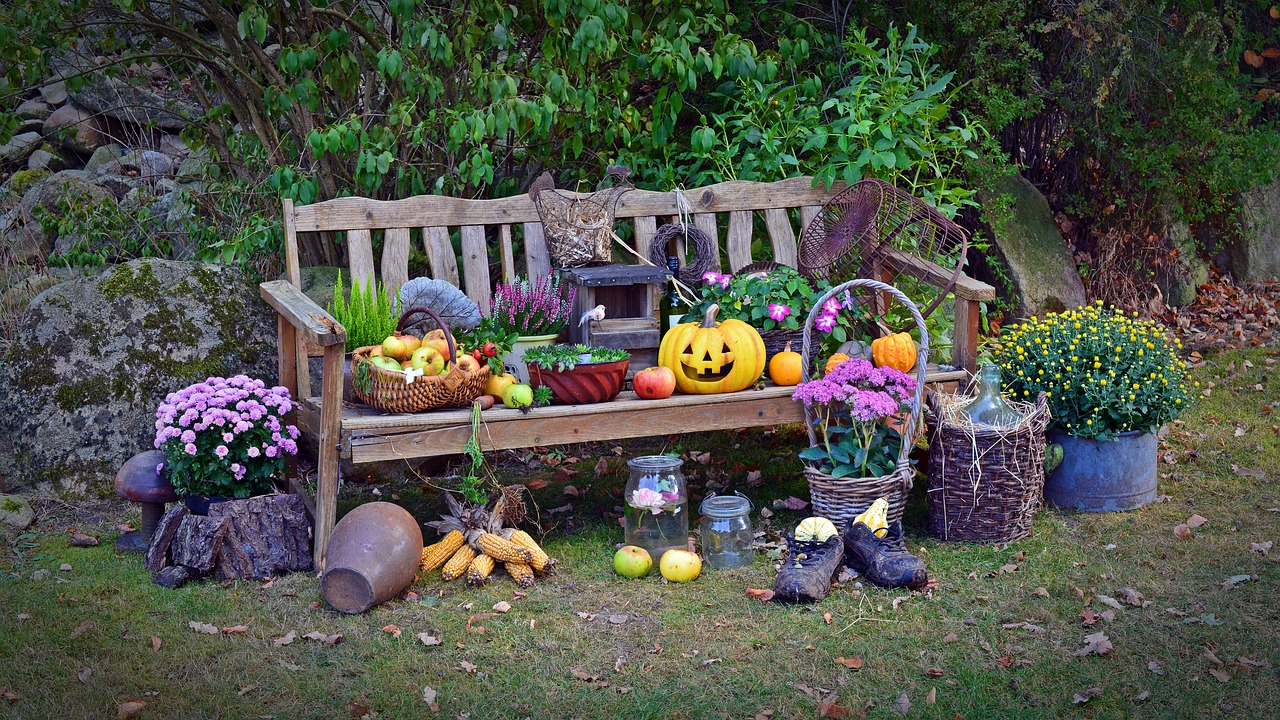
Modern Adaptations
The Homowo Festival in Ghana has not remained stagnant in time but has dynamically adapted to modern influences while still holding onto its traditional roots. This evolution has allowed the festival to stay relevant and engaging for both locals and visitors. One notable modern adaptation is the incorporation of contemporary music and dance styles into the traditional performances, adding a fresh and vibrant energy to the celebrations. Additionally, the festival has embraced technology, with social media platforms being used to promote and share the rich cultural heritage of the Ga people with a global audience.

Tourism and Global Awareness
Tourism plays a significant role in raising global awareness of the vibrant cultural heritage showcased during the Homowo Festival in Ghana. As visitors from around the world flock to witness the colorful celebrations and immerse themselves in the rich traditions of the Ga people, the festival gains international recognition and appreciation. The influx of tourists not only boosts the local economy but also fosters cultural exchange and understanding between different communities.
Through tourism, the Homowo Festival becomes a platform for sharing Ghana's unique customs and history with a global audience, shedding light on the country's diverse cultural tapestry. Visitors have the opportunity to engage with local traditions, taste traditional dishes like Kpokpoi, and partake in the rhythmic dances that enliven the festivities. This cultural exchange not only benefits the festival itself but also contributes to promoting cross-cultural dialogue and appreciation.
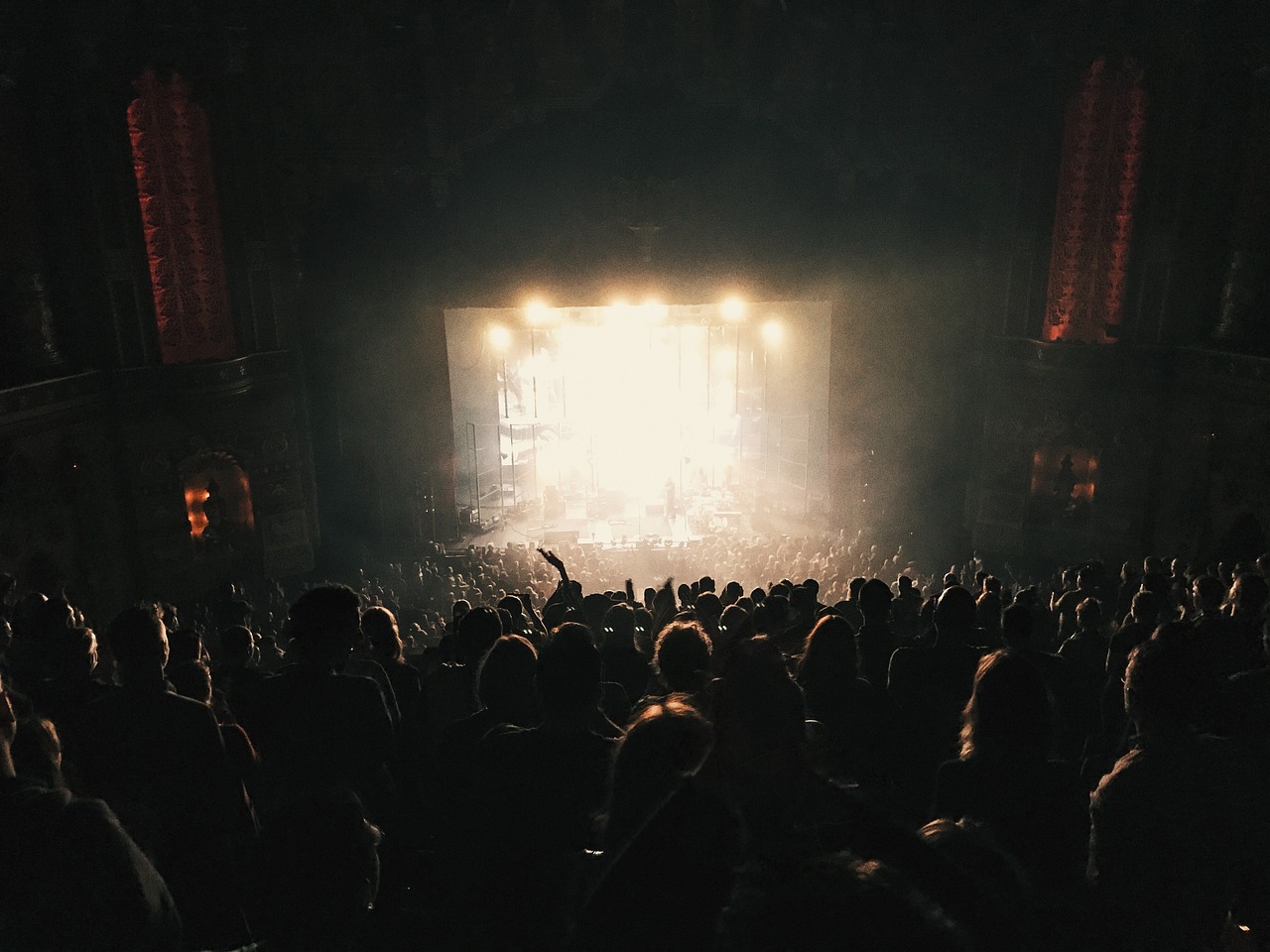
Challenges and Preservation Efforts
The Homowo Festival, steeped in tradition and history, faces various challenges in preserving its authenticity amidst the tide of modernization. One of the primary challenges is the encroachment of modern practices and technologies that threaten to dilute the essence of the festival. As Ghana progresses towards modernity, there is a risk of losing the rich cultural heritage and traditional values that the Homowo Festival embodies.
Efforts to preserve the authenticity of the Homowo Festival are crucial to ensuring that future generations can continue to experience and appreciate this vibrant cultural celebration. Local communities and cultural organizations play a vital role in safeguarding the traditions associated with the festival, passing down knowledge and practices from one generation to the next.
Furthermore, the promotion of cultural education and awareness is essential in preserving the Homowo Festival. By educating both local residents and visitors about the significance of the festival, there is a greater appreciation for the customs and rituals that have been upheld for centuries.
Collaboration between government bodies, cultural institutions, and community leaders is key to overcoming the challenges faced in preserving the Homowo Festival. By working together to implement sustainable preservation strategies, Ghana can ensure that its rich cultural heritage remains intact for years to come.
Frequently Asked Questions
- What is the significance of the Homowo Festival?
The Homowo Festival holds great cultural significance as it commemorates the Ga people's history, harvest traditions, and migration. It is a time of unity, reflection, and celebration within the community.
- What are some key ceremonial practices during the Homowo Festival?
During the Homowo Festival, ceremonial practices include the preparation and sharing of Kpokpoi (a special dish made from cornmeal and palm oil) and the pouring of libations to honor ancestors. These rituals are essential to the festival's customs.
- Why is traditional attire and dance important during the festival?
Traditional attire, such as the vibrant kente cloth, and energetic dances play a crucial role in expressing cultural identity and heritage. They showcase the rich traditions and history of the Ga people.
- What is the symbolism behind the planting of the first yam?
The planting of the first yam symbolizes the beginning of the harvest season and the hope for a bountiful yield. It signifies prosperity, abundance, and the cycle of life within the agricultural practices of the Ga community.
- How has the Homowo Festival adapted to modern influences?
Over time, the Homowo Festival has incorporated modern elements while preserving its cultural integrity. This adaptation has helped maintain the festival's relevance and appeal to both local participants and tourists.
- What are the challenges faced in preserving the authenticity of the festival?
Preserving the authenticity of the Homowo Festival amidst modernization poses challenges in maintaining traditional practices and values. Efforts are needed to safeguard this cultural heritage for future generations.


















